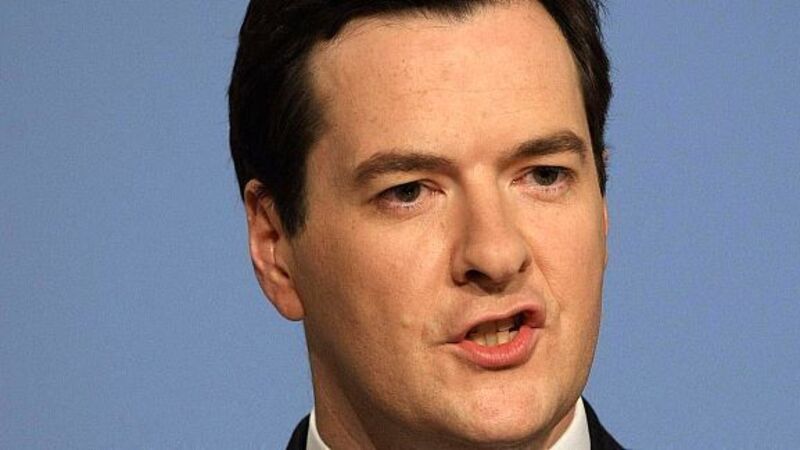Osborne ‘won’t stoke the UK property bubble’

That is according to Bloomberg’s monthly survey, which showed two-thirds of 36 economists don’t expect the move to increase the risk of overheating. The UK chancellor of the exchequer announced the decision to reduce transaction taxes on most homes on December 3, five months before the general election.
The £800m (€1bn) stamp-duty overhaul, which comes at a time the housing market is cooling, will add support by giving buyers extra cash for a down payment, though it’s impact may be limited by tougher mortgage rules.
















